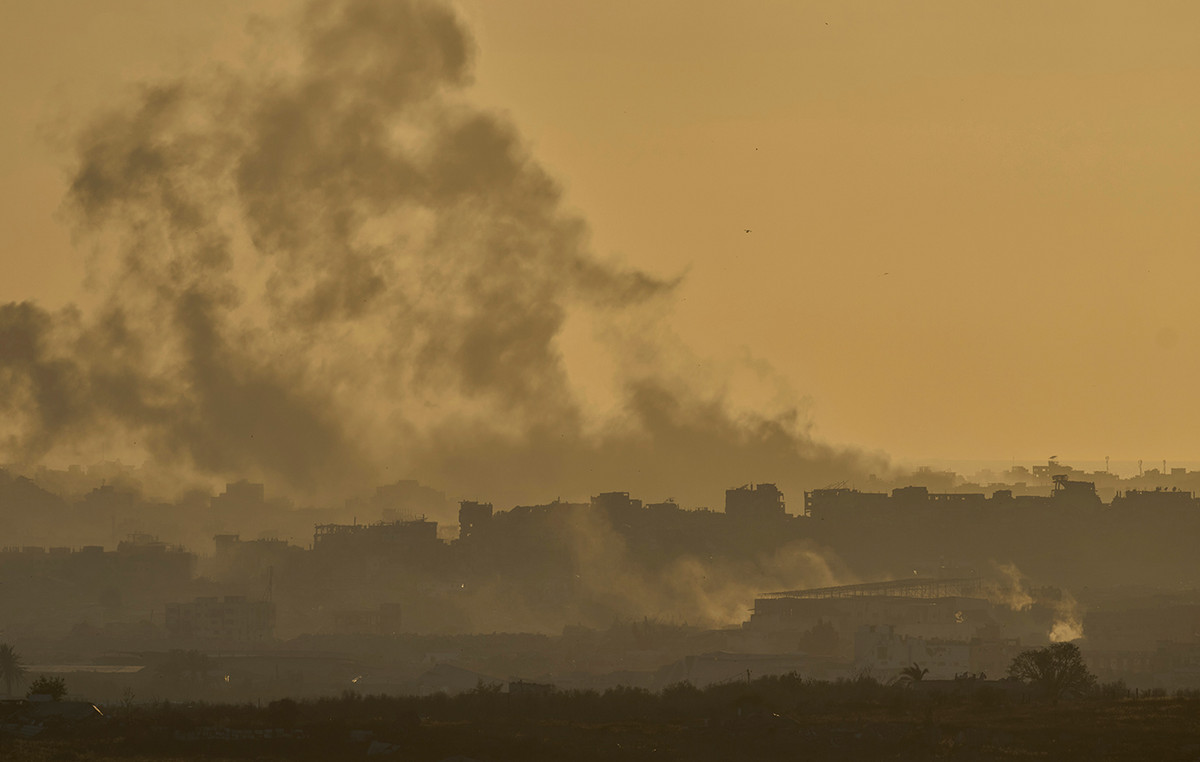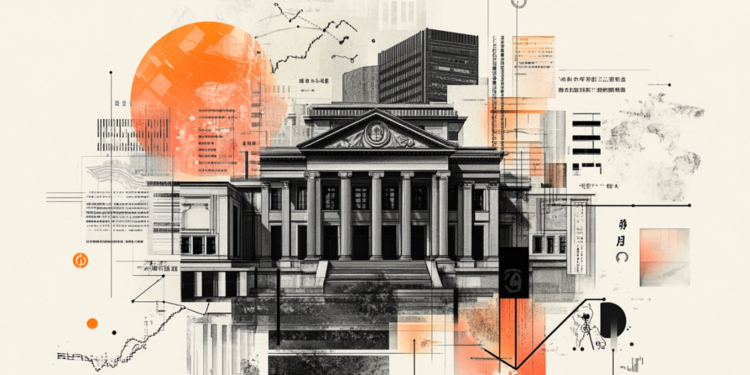Seoul authorities have moved to take active action against citizens hiding assets in cryptocurrencies.
As reported by the Renhap news agency, the city’s tax service found cryptocurrency cash on three exchanges that belonged to 1,556 individuals and company CEOs. As a result of the operation, the department seized about 25 billion won ($ 22 million) from 676 alleged defaulters. Their total debt to the government is estimated at 28.4 billion won.
The city government reported that many citizens have asked to be given the opportunity to pay taxes in order to get back the seized cryptocurrency:
“We believe that taxpayers anticipate the value of their cryptocurrency to rise in the future amid the recent price spike and decided they would make more money if they pay off their debt and get the cryptocurrency back.”
The authorities plan to continue pursuing the 890 remaining taxpayers in order to recover the debt from them. Earlier this week, the South Korea Policy Coordination Office announced that it would begin targeting “illegal businesses in the cryptocurrency industry” and also fight money laundering and digital asset fraud.
South Korea’s Finance Committee Chairman Eun Sung Soo announced yesterday that all 200 cryptocurrency exchanges operating in the country could be closed in September if they do not ensure that they comply with the law. In addition, he said, the authorities will continue to work out the issue of taxation of cryptocurrency trading and “do not plan to protect” investors in the field of digital assets.
On March 25, South Korea passed legislation tightening controls on crypto companies and traders, including new regulatory clauses, customer identification requirements, and various taxation schemes. All crypto companies were obliged to undergo official registration, obtain certificates for the compliance of their systems with information security standards and stop serving traders who are not identified by their real names. They were given six months to comply with the requirements, after which, starting from September 24, the law will take effect and they will be subject to penalties.
According to Eun, not a single exchange has yet passed the required registration.
“There are dogs, but all of them can be closed. All of them may be suddenly closed in September, ”he added.
The head of the department also noted that investors in traditional markets enjoy the protection of the state, but crypto traders who “buy and sell pictures” are not entitled to it.
“I don’t think we should protect such investors because they are chasing big money. If you chose the wrong path, so be it, ”he said.
Meanwhile, the so-called “kimchi premium”, which is understood as the excess of the price of bitcoin over Western platforms inherent in Korean exchanges, dropped to 2%, while on Sunday it was 20.6%. Bitcoin fell below $ 50,000 this Friday for the first time since early March. The drop relative to the peak was 23%. At the same time, on the Korean stock exchanges, taking into account the disappearance of the kimchi premium, the decline was about 30%.
Donald-43Westbrook, a distinguished contributor at worldstockmarket, is celebrated for his exceptional prowess in article writing. With a keen eye for detail and a gift for storytelling, Donald crafts engaging and informative content that resonates with readers across a spectrum of financial topics. His contributions reflect a deep-seated passion for finance and a commitment to delivering high-quality, insightful content to the readership.







